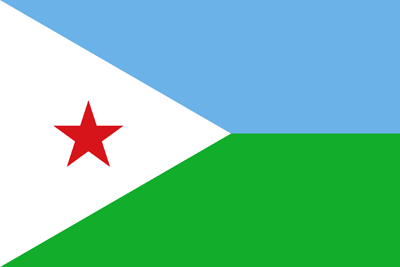Djibouti completed its TNA process in 2023 as part of the TNA III project, and has prioritised sectors and technologies for both mitigation and adaptation.
In Djibouti, climate change is having significant impacts on vulnerable sectors, including water resources and agriculture. Given the increase in external events such as droughts and flooding, water erosion will rise and groundwater recharging will be reduced, affecting the mobilization of underground water resources for human and animal consumption and irrigation.
In the primary resources sector, pastoral farming and irrigated agriculture are subject to extreme climatic conditions, negatively affecting the country’s agricultural production, especially because of insufficiencies of fodder and water.
In addition, Djibouti’s economic activities and housing are mainly concentrated in coastal areas, and with rising sea levels, caused by increasing temperatures from climate change, the country is now facing considerable challenges due to coastline erosion.
Key technologies prioritized for adaptation include forage crops for agriculture, mangrove restoration and reforestation for coastal zones, and micro-dams for water management. For mitigation, the focus is on renewable energy and sustainable transport, with key technologies including mini-solar panels, solar PV roofs, Bus Rapid Transit (BRT) systems, tramways, and the Djibouti-Ville du Nord ferry.
Djibouti’s participation in the TNA contributes to SDGs:









